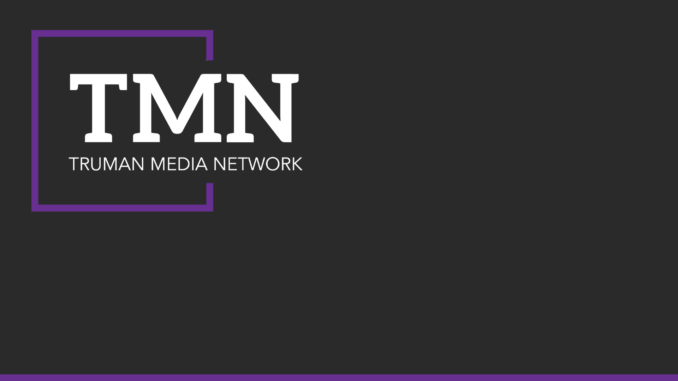
Ongoing protests in Hong Kong, China, have garnered attention in the U.S., and even students at Truman State University are taking a stand.
The New York Times reported on Oct. 3, “The protests started as peaceful marches and rallies against an unpopular bill [that would have allowed extraditions to mainland China]. Then came dozens of rounds of tear gas and a government that refused to back down. In the following weeks and months, the city was roiled by protests and violent clashes as the demonstrations morphed into a broader movement about political reforms and holding the police accountable.”
The Times reported that the protests escalated after the police shot a protestor with a live round the same day China was celebrating 70 years of Communist Party rule. Also on the same day, protesters collided with police officers in at least nine districts, turning Hong Kong into a “tear gas-engulfed battlefield.”
Young Americans for Liberty set up a table in McClain Hall Friday, Nov. 1 and handed out “Free Hong Kong” buttons.
“[Our intent was to] both bring awareness to the situation in Hong Kong and identify other students on campus who are passionate about spreading freedom,” Naomi Mathew, Missouri State chair for YAL, said.
Mathew said YAL was concerned with the Chinese government oppressing Hong Kong protestors and taking away their autonomy. A problem people had with their table was that the YAL students were not from Hong Kong, Mathew said.
“The people in Hong Kong want our help and our support,” Mathew said. “The protestors are out there waving American flags, saying that they want support from people in the United States.”
Mathew said she did not expect the organization’s stance to be controversial, and that YAL didn’t expect to encounter an opposing side.
“Whether you are Republican or Democrat, standing up for freedom and the right to free speech should be a non-controversial issue,” Mathew said.
At one point there were six people crowding around the YAL table, arguing civilly, Mathew said, however, they were preventing YAL from talking to students.
Eventually, a crowd of about 30 people was counter-protesting the free Hong Kong table, Mathew recalled. The counter-protestors set up an opposing table, displaying the Chinese flag.
“Sometimes they would come up to us and ask us questions,” Mathew said. “Most of the time it was civil … toward the end, [the Department of Public Safety] came because there were so many people and it was loud. Two people started shouting and DPS came back in and told everyone that unless the shouting stopped we would have to disperse, and if we didn’t disperse they would arrest whoever was still there. That was when the protestors left.”
Mathew said she was glad the protestors showed up and talked to YAL. She said that YAL is happy to hear from different sides of the issue.
Michael Zhang, an international student from mainland China, said he can understand what the Hong Kong protestors are feeling. He said the young protestors are the ones who are more capitalistic rather than communistic, and they often lack a national identity.
“They are too young,” Zhang said. “They don’t know what happened in the process, they don’t know that feeling. I can understand they want to [achieve] democracy.”
Zhang said the protests have affected people’s lives so law enforcement should do something about it. He said the protestors wear masks, which makes him question if they are terrorists, and it is scaring people.
He said he does not want to see the Chinese government take action against the protestors, and he hopes that things resolve themselves. However, Zhang said if the protestors keep doing what they are doing, the government will act.
The Times reported that Carrie Lam, Hong Kong’s chief executive, would formally withdraw the extradition bill, giving in to one of the protester’s major demands. However, the Hong Kong protestors still had more ambitious demands, and the protests continued.
Zhang said the withdrawal of the bill is a good start. Now, the Hong Kong protestors are wanting independence, which Zhang said he disagrees with.
